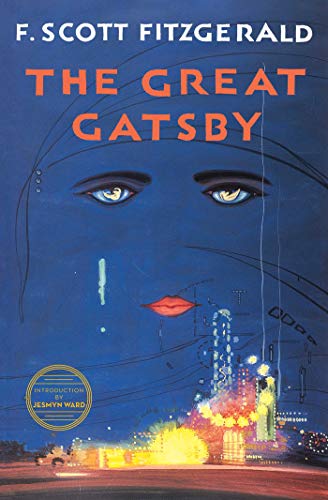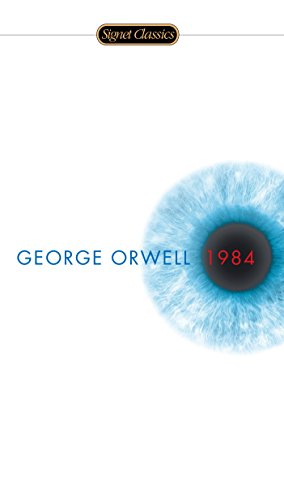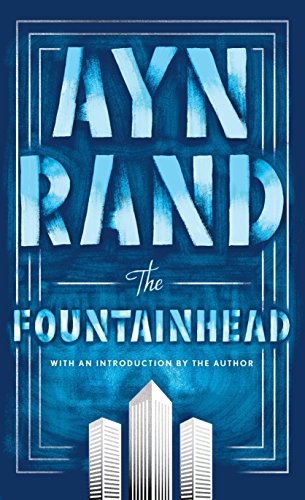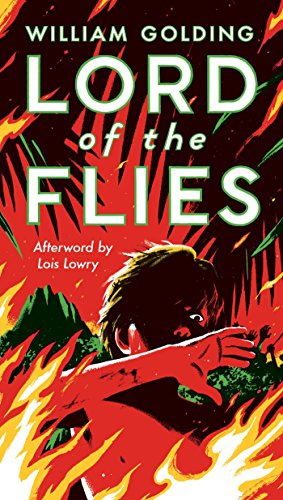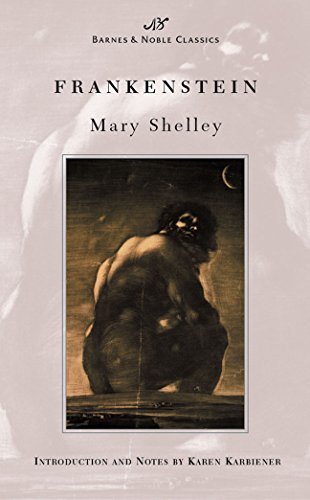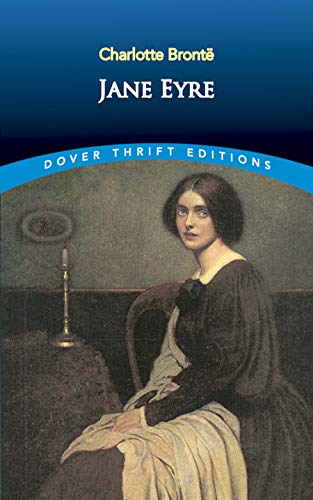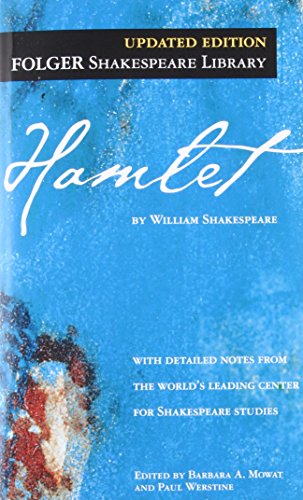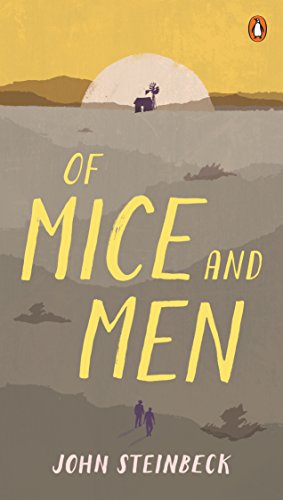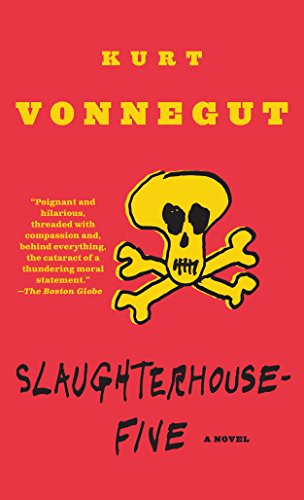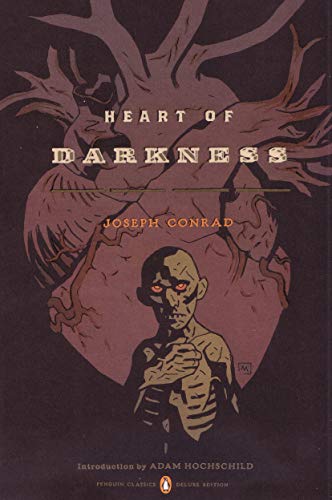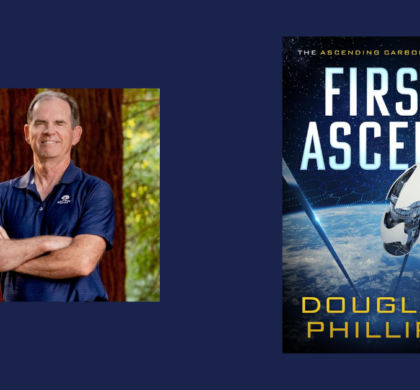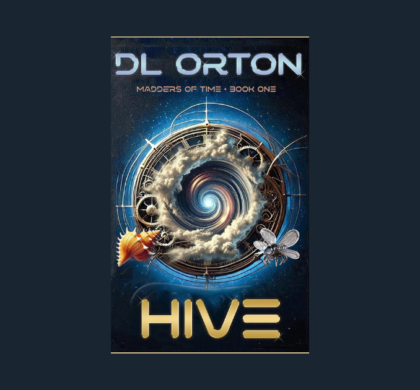Top 10 Fiction Books you Pretended to Read in High School (and why you should read them now)
27 Aug 2015
Did you dread going to high school English classes? Did you ever fear the teacher would quiz you about a book you didn’t read? Remember when Spark Notes was your best friend? The pressure you felt having to finish a book within a deadline may have kept you from enjoying the classic works of literature that crossed your path in school. Whatever the case may have been, we understand you might not have read, or enjoyed, all those school assigned books. Here’s a list of books with classic characters, engaging plots, and great ideas you should seriously consider revisiting as an adult.
The Great Gatsby, by F. Scott Fitzgerald:
Ever crush on someone so bad it hurt? Ever want something you were certain you could get, if only you tried hard enough? Fitzgerald wrote one of the best observations of a man chasing desperately after the American dream. If you’d like to prepare yourself for the disappointment of things not always going your way no matter how hard you try, you should definitely read (or re-read) this book. Main takeaway: You cannot relive the past.
1984, George Orwell:
There always seems to be some authority monitoring you: your parents in childhood, teachers in school, bosses at work. In college there is a brief reprieve, but for the most part we are a society monitored on some level. Orewell’s Dystopia reminds us to watch out for overreaching authority, with his projection of a world where all live in constant fear: fear of punishment for doing things deemed wrong by society that seem right. Enjoy your freedom of speech? Enjoy your freedom in general? Read this book to remember what’s at stake when one group has too much control.
Fountainhead, by Ayn Rand:
You’ve surely been told you are unique in some way of another. This story reminds you to BE unique: in your actions, in your work, in anything you do. It can be very easy to follow a path someone has already made for us. But can be ultimately more rewarding if we make a path of our own. Ayn Rand uses this story to show the power of individual influence and the consequences of following in others footsteps.
Lord of the Flies, by William Golding:
Has anyone ever shocked you with a surprising ability? Better at sports, or writing, or cooking, or something even they didn’t expect? You may have hated reading about young boys devolving into savagery on an island (it does have some terrifying passages), but there’s more to this novel than the animalistic capabilities of human beings. This story will remind you how you act in certain situations proves who you really are. Are you a hunter? Or are you the hunted? What are you capable of? You may surprise yourself.
Frankenstein, by Mary Shelly:
Placing all your passion into proving something may cost you your humanity. Frankenstein may have been a sour read for some teenagers with its flowery prose and long descriptions. If you revisit these lines you may be surprised at how well they sink you into the mood of the piece, setting man at odds with nature, setting beast on the same plane as man. As you read it again, ask yourself who the real monster of the story is, and how things may have ended differently if the protagonist was less cowardly and more capable of kindness.
Jane Eyre, by Charlotte Bronte:
Wuthering Heights did not make the list because, while that story is a well written and revisit worthy read, it is not as empowering as Jane Eyre. The story’s prose may have put you off on your first attempt. Who wants to read about a girl growing up in Victorian era England? Well, this story is anything but boring, and one of the first popular novels to give its female protagonist so much agency. This story does a lot to fight injustices commonly found in chauvinistic literature, but no one can be upset by the ending’s message; love is only allowed to conquer all once all have atoned for their evils and are ready to be conquered.
Hamlet, by William Shakespeare:
One of the most often quoted plays with some of the more intriguing names (Oh Polonius), this particular drama may have caused more than a little grief. It’s complicated, bizarre, and all over the place. But the story remains one of the most impactful Shakespeare works of our time. The existential questions from the Prince of Denmark may make him seem the fool, but these lines offer insight into general human interactions. Hamlet’s unique method to unveil a murder plot proves both baffling and effective, prompting new perspectives on approaching one’s own problems.
Of Mice and Men, by John Steinbeck:
You’ve been faced with difficult choices. Steinbeck’s vivid depiction of the friendship between two laborers allows us an unlikely view into the sad moment of a difficult decision. What is mercy to you? Is it a lie you tell to get others through a day? Is it a truth you share with a loved one, even if you know it will hurt them? It isn’t the easy, but its worth thinking on before (or even while) you’re faced with a tough decision in your own life.
Slaughterhouse 5, by Kurt Vonnegut:
Nothing is ever black and white. It’s hard to believe that people can be so set in their positions when they know so little. In high school, this story may have posed a serious challenge to your perceptions of what a novel should do. It goes everywhere, from World War II to Outer Space. Whatever is supposed to happen in life is easier to accept when you realize that anything can happen. Vonnegut’s take on death is especially mindful, and may be helpful to anyone trying to understand what’s going on in their world.
Heart of Darkness, by Joseph Conrad:
Many of the stories on this list look at humanity’s dark capabilities. Joseph Conrad’s piece is no exception. Only, this story shows a divide, a gap in two different cultures, both dangerous to intruders and line crossers. This story may have been hard to read before, but looking at it now you may see the beauty in the depictions of social constructs and how they devolve when surroundings change the stakes. Violent, blunt, and well written, lessons from deep in the Congo may remind you of clashes in the American culture of today.
Sign up for our email and we’ll send you the best new books in your favorite genres weekly.
Recommended Posts
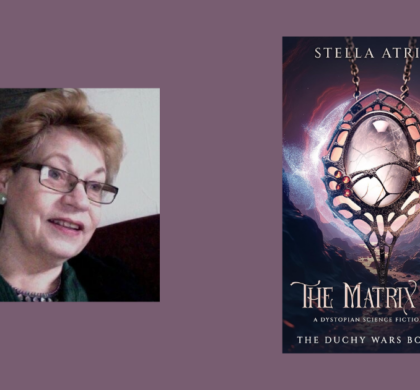
Interview with Stella Atrium, Author of The Matrix Opal (The Duchy Wars Book 1)
14 May 2025 - Author Interviews, eBook, Fantasy & Science Fiction, News
